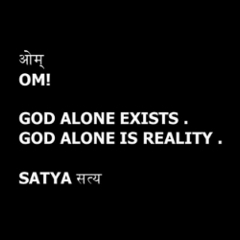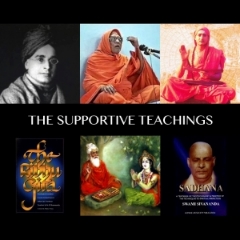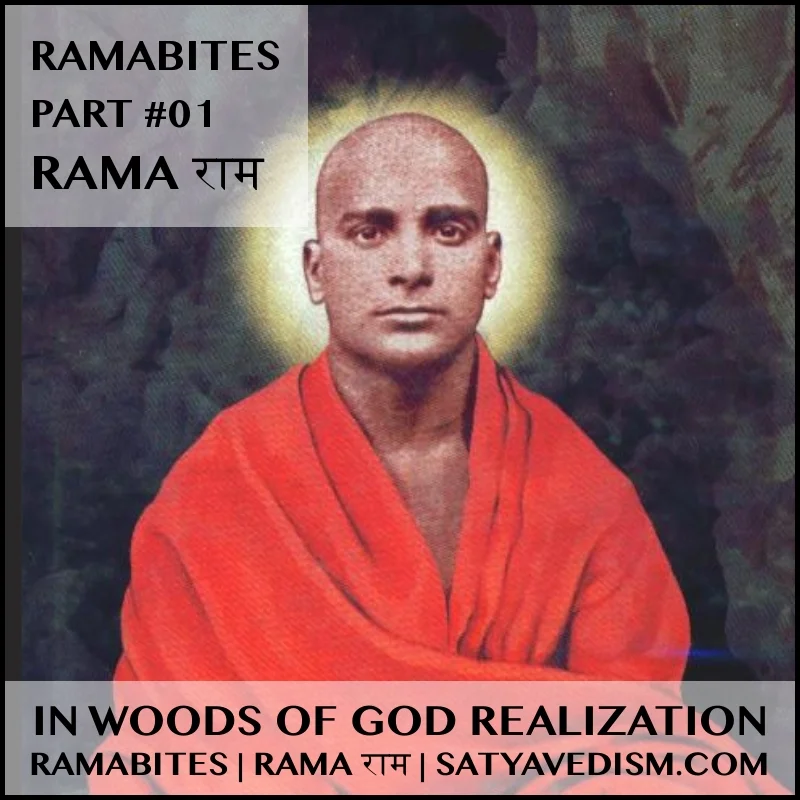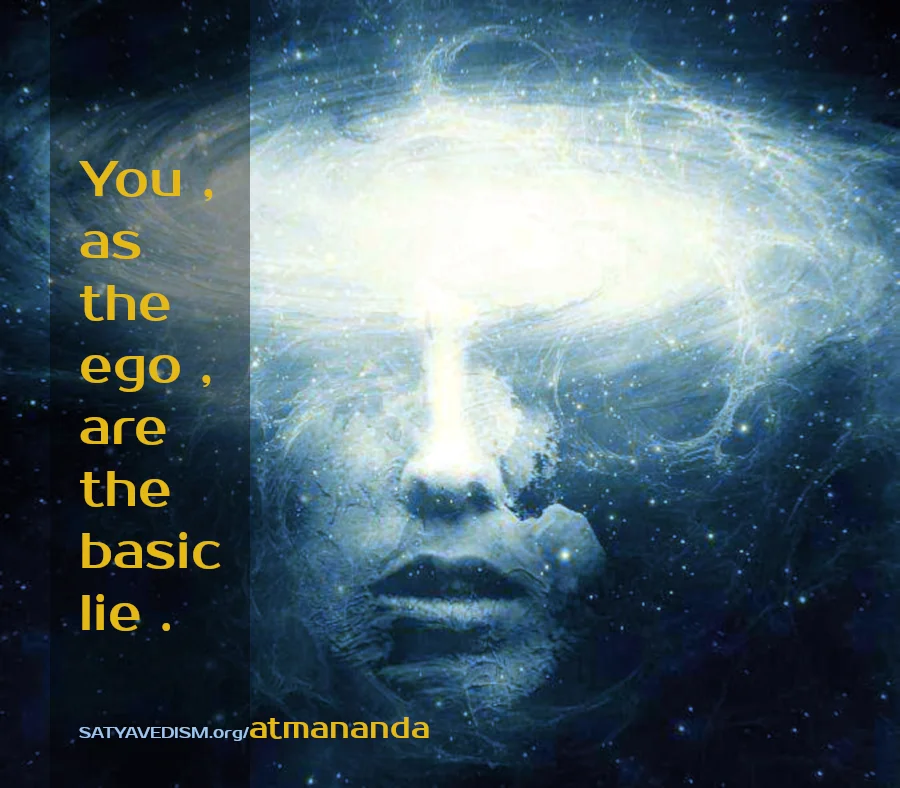BHAGAVADGITA | 13.2 | PT 1 | AMOETD
| | homeBHAGAVADGITA | 13.2 | SRI ADI SANKARACARYA
|| BHAGAVADGITA | 13.2 | PARTS 1 THRU 3 ||
|| BHAGAVADGITA | 13.2 | PART 1 OF 3 ||
ksetra-jnam capi mam viddhi sarva-ksetresu bharata
ksetra-ksetrajnayor jnanam yat taj jnanam matam mama || 13.2 ||
13.2 And , O scion of the Bharata dynasty , understand ME to be the " Knower of the field " in all the fields . In MY opinion , that is Knowledge which is the knowledge of the field and the knower of the field .
|| BHASYA || Ca api , and ; viddhi , understand ; mam , ME , the supreme GOD who is transcendental ; to be the ksetrajnam , " Knower of the field " with the characteristics noted above ; sarva-ksetresu , in all the fields .
The idea is this : Know the " Knower of the field " — who has become diversified by limiting adjuncts in the form of numerous " fields " ranging from Brahma to a clump of grass — as free from differentiations resulting from all the limiting adjuncts , and as beyond the range of such words and ideas as existence , nonexistence , etc .
O scion of the Bharata dynasty , since there remains nothing to be known apart from the true nature of the field , the knower of the field and GOD , therefore ; tat , that ; is jnanam , Knowledge , right knowledge ; yat , which ; is the jnanam , knowledge ; ksetra-ksetrajnayoh , of the field and the knower of the field — which are the two knowables — , and by which Knowledge the field and the knower of the field are made objects of knowledge . This is mama , MY , God Visnu's ( GOD ) ; matam , opinion .
OBJECTION : Well , if it be that in all the field there exists GOD alone , and none else other than IT , as the enjoyer , then GOD will become a mundane being ; or , due to the absence of any mundane creature other than GOD , there will arise the contingency of the negation of mundane existence . And both these are undesirable , since the scriptures dealing with bondage , Liberation and their causes will become useless , and also because they contradict such valid means of knowledge as direct perception .
In the first place , mundane existence which is characterized by happiness , sorrow and their cause is apprehended through direct perception . Besides , from the perception of variety in the world it can be inferred that mundane existence results from virtue and vice . All this becomes illogical if GOD and the individual soul be one .
REPLY : No , because this becomes justifiable owing to the difference between Knowledge and ignorance .
" These two , viz that which is known as Knowledge and that which is known as ignorance are widely contradictory , and they follow divergent courses " ( Ka . 1 . 2 . 4 ) ;
and similarly , the different results , viz Liberation and enjoyment , belonging ( respectively ) to those Knowledge and ignorance , have also been pointed out to be contrary by saying that Liberation is the goal of Knowledge , and enjoyment is the result of ignorance ( see Ka . 1 . 2 . 2 ) .
Vyasa , also has said so :
" Now , there are these two paths " ( Mbh Sa . 241 . 6 ) etc , and ,
" There are only these two paths , " etc .
Here ( in the Gita ) also , two kinds of steadfastness have been stated . And it is understood from the Vedas , the Smrtis and reason that ignorance together with its effects has to be destroyed by Knowledge .
As for the Vedic texts , they are :
" If one has realized here , then there is truth ; if one has not realized here , then there is great destruction " ( Ke . 2 . 5 ) ;
" Knowing IT in this way , one becomes Immortal here " ( Nr . Pu . 6 ) ;
" There is no other path to go by " ( Sv . 3 . 8 ) ;
" The enlightened one is not afraid of anything " ( Tai . 2 . 9 . 1 ) .
On the other hand , ( the texts ) with regard to the unenlightened person are :
" Then , one is smitten with fear " ( Tai . 2 . 7 . 1 ) ;
" Living in the midst of ignorance " ( Ka . 1 . 2 . 5 ) ;
" One who knows Brahman becomes Brahman indeed . In one's line is not born anyone who does not know Brahman " ( Mu . 3 . 2 . 9 ) ;
" ( While one who worships another god thinking , ) ' IT is one , and I am another ' , does not know . One is like an animal to the gods " ( Br . 1 . 4 . 10 ) .
One who is a knower of the Self ,
" One becomes all this ( Universe ) " ( Br . 1 . 4 . 10 ) ;
" When humans will fold up space like ( folding ) leather , ( then ) there will be cessation of sorrow , without knowing the Deity " ( Sv . 6 . 9 ) .
There are thousands of texts like these . And the Smrti texts ( from the Gita ) are :
" Knowledge remains covered by ignorance . Thereby the creatures become deluded " ( 5 . 15 ) ;
" Here itself is rebirth conquered by them whose minds are established on sameness " ( 5 . 19 ) ;
" Since by seeing equally the GOD who is present alike everywhere ( one does not injure the Self by the Self , therefore one attains the supreme Goal ) " ( 13 . 28 ) , etc .
And as for reason , there is the text ,
" People avoid snakes , tips of kusa-grass as also well when they are aware of them . Some fall into them owing to ignorance . Thus , see the special result arising from knowledge . " ( Mbh . Sa . 201 . 17 )
|| UPADESA SAHASRI : A METHOD OF ENLIGHTENING THE DISCIPLE || I.I.6 || COMPLETE AMOETD SERIES ➤➤ | INTRODUCTION ➤➤ ||
|| THIS SCRIPTURE SERIES SOURCE || ➤
|| 1 || http://www.SATYAVEDISM.com ||
|| 2 || http://bit.ly/SRIADISHANKARA ||
http://www.SATYAVEDISM.com/shankara/amoetd/
SOURCE | SATYAVEDISM.ORG



































































































